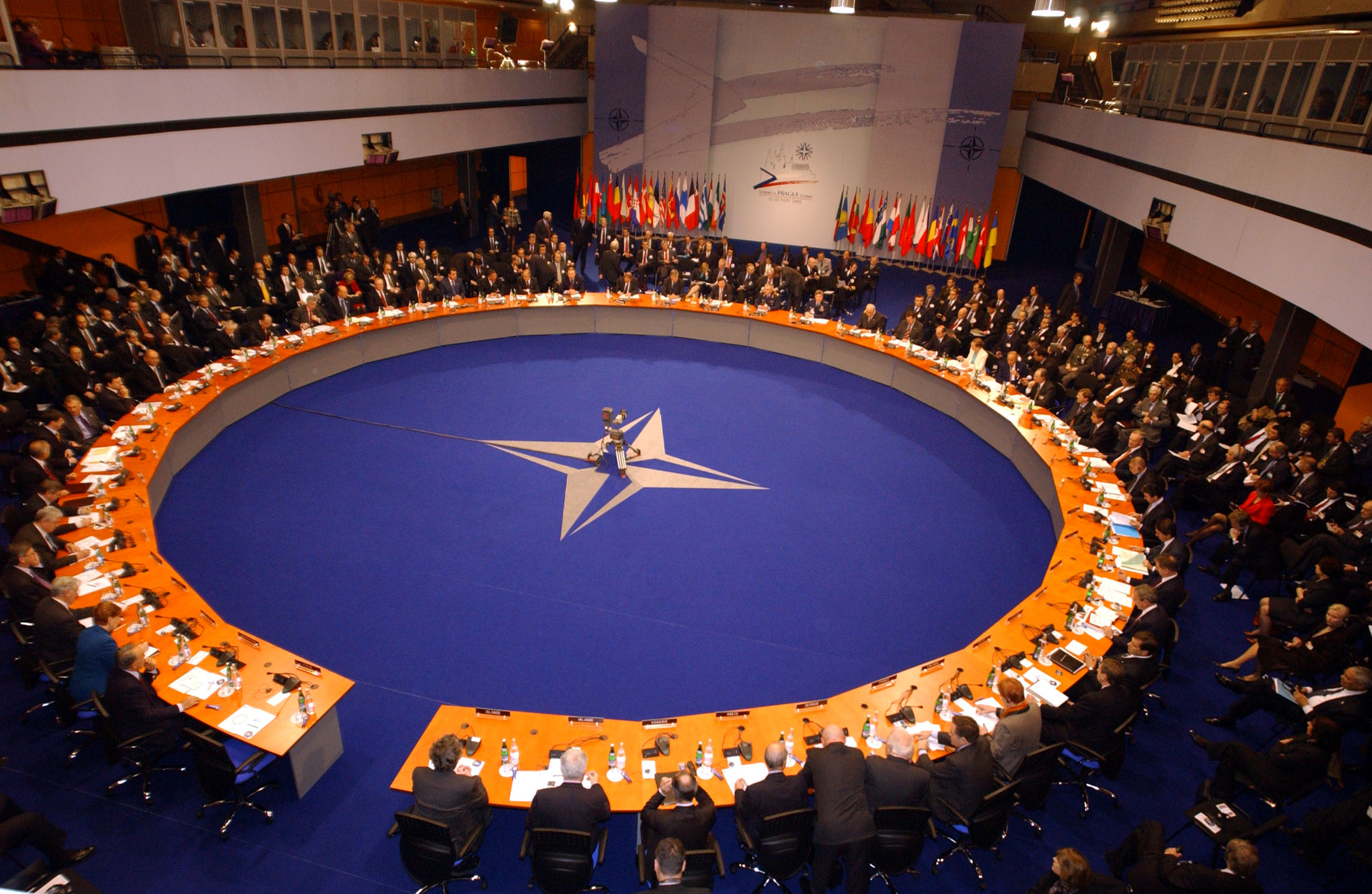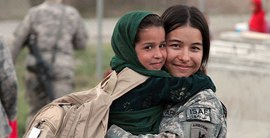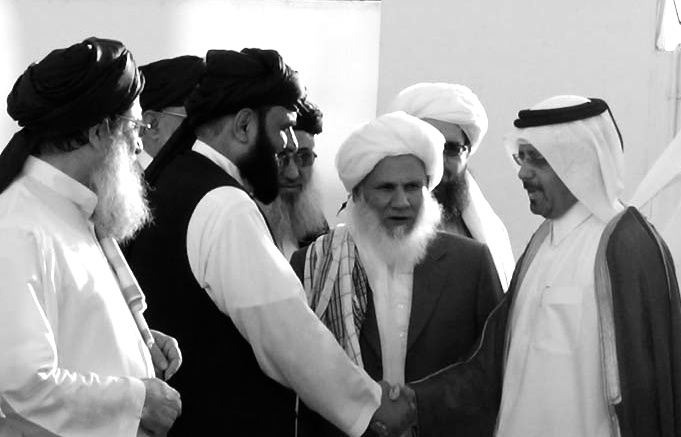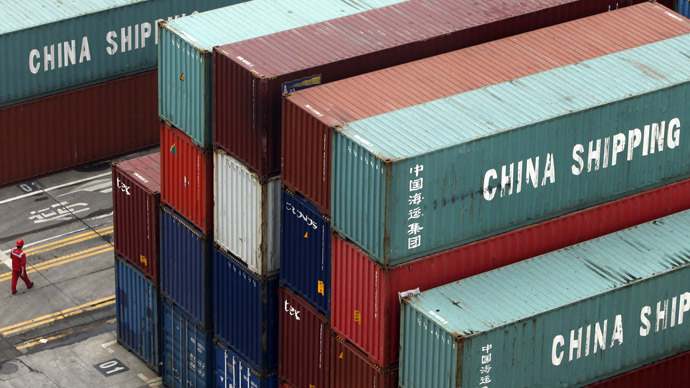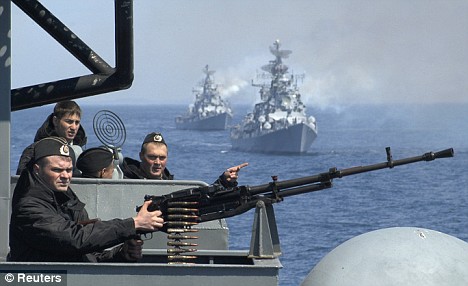Courtenay Mitchell of atlantic-community.org argues that NATO must focus more on developing countries in order to stay relevant.
6. Regions
placeholder for regions
Women and NATO: A Necessarily Gendered Perspective Part II
In Part II of her analysis of NATO’s implementation of UNSCR 1325, Avery Bruenjes discusses the challenges that remain for both Afghanistan and Kosovo.
Who are the Taliban Negotiators in Doha?
Bahram Rahman discusses the Taliban’s top negotiators profile and their pursing objectives in Doha.
Egypt’s new cross-roads: The bipolarity of power, and the unfinished revolution
After the ousting of President Morsi and Canada closing it Embassy in Cairo, Milosz Zak contrasts the current turmoil with his own experiences of the Arab Spring in Egypt.
How Vladimir Putin views the world
Peter Charnvarnichborikarn discusses how Vladimir Putin rationalize his foreign policy decisions on the wake of increasing international insecurity.
The Limits to Europe’s Union
Daniel Troup discusses the prospects for change in European regional governance in the context of the continent’s economic crisis.
The Arctic and the Arctic Council
Samantha Black discusses Canada’s approach and role in the Arctic and Arctic Council.
5 Ways Obama’s Green Intentions Will Affect the Canadian Economy
Diana Rivera analyzes Obama’s climate strategy and its implications for the Canadian economy.
The Chinese Stake in the Arctic: Trade Security
Georgi Ivanov explains the reasons for China’s increasing interest in the Arctic in the first part of “The Chinese Stake in the Arctic” series.
Canada and Russia Re-Assert Sovereignty, Ramp Up Security in the Arctic
Brenna Owen outlines some recent developments in the Arctic involving Canada and Russia and examines how they will interact and impact future developments and decisions in the region.

